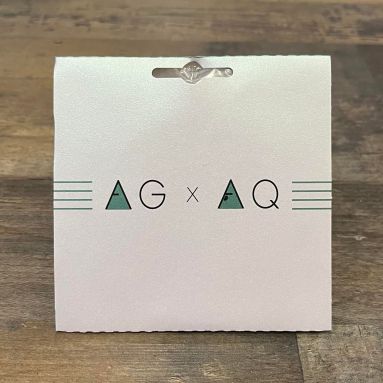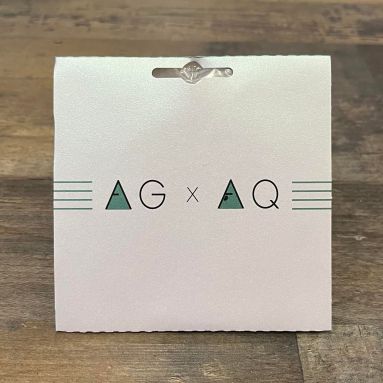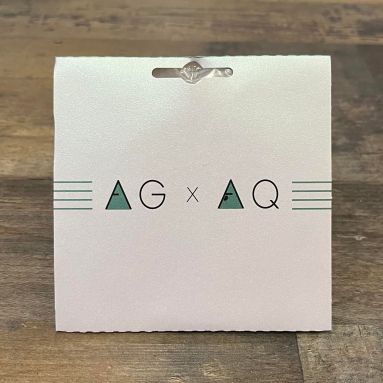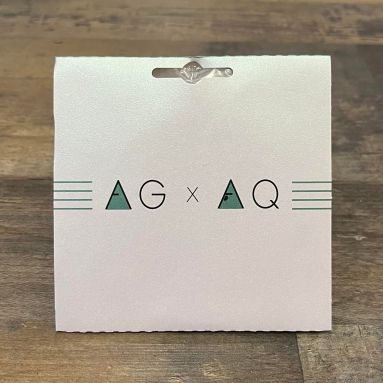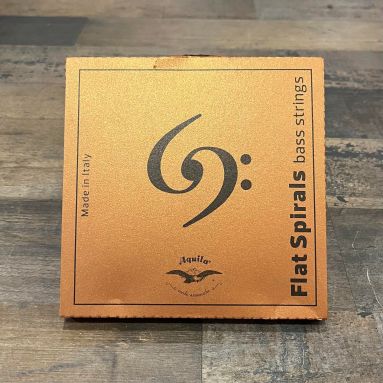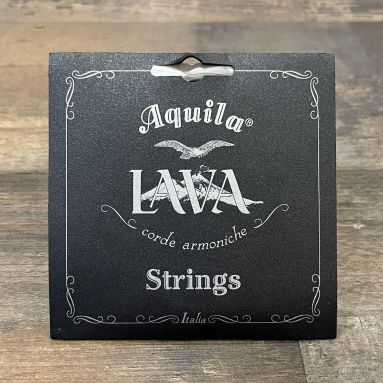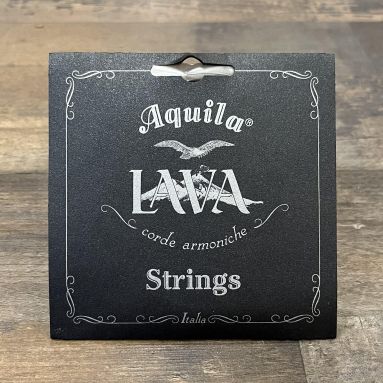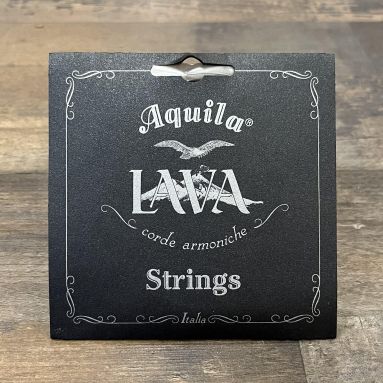We use cookies to make your experience better. To comply with the new e-Privacy directive, we need to ask for your consent to set the cookies. Learn more
Ukulele Strings
You should never underestimate the effect that a set of high quality ukulele strings can have on your instrument’s performance. It is common for brand new ukuleles to come with low quality strings. This is especially the case if you’ve purchased a relatively inexpensive uke. As a result, the ukulele makes a less than pleasing sound the first time you play it. Inexperienced players don’t understand that ukulele strings could be the cause of the problem and automatically blame the uke as a whole. This could discourage new players who soon abandon the ukulele.
As a consequence, you need to buy new uke strings but the process is far from simple. Obviously, you need to check the size of the ukulele and the type of tuning it is intended for. Ukulele strings vary in size and thickness depending on whether they fit a soprano, concert, tenor or baritone ukulele. You also need to see whether the ukulele strings are high-G or low-G.
The most common ukuleles have a G string that is thinner than the C string. If you purchase the wrong kind of ukulele strings, you will be unable to tune them correctly. In general, ukulele strings are high-G if no description is offered but common sense suggests that you ask before purchase.
It is possible to use low-G strings on a high-G ukulele but it really depends on the type of instrument you have. Don’t worry too much about whether ukulele strings are meant for C or D tuning because the tuning is close enough together to make this almost irrelevant. Of course, if you buy strings that don’t fit on any ukulele, you have the perfect excuse to buy a new one!









